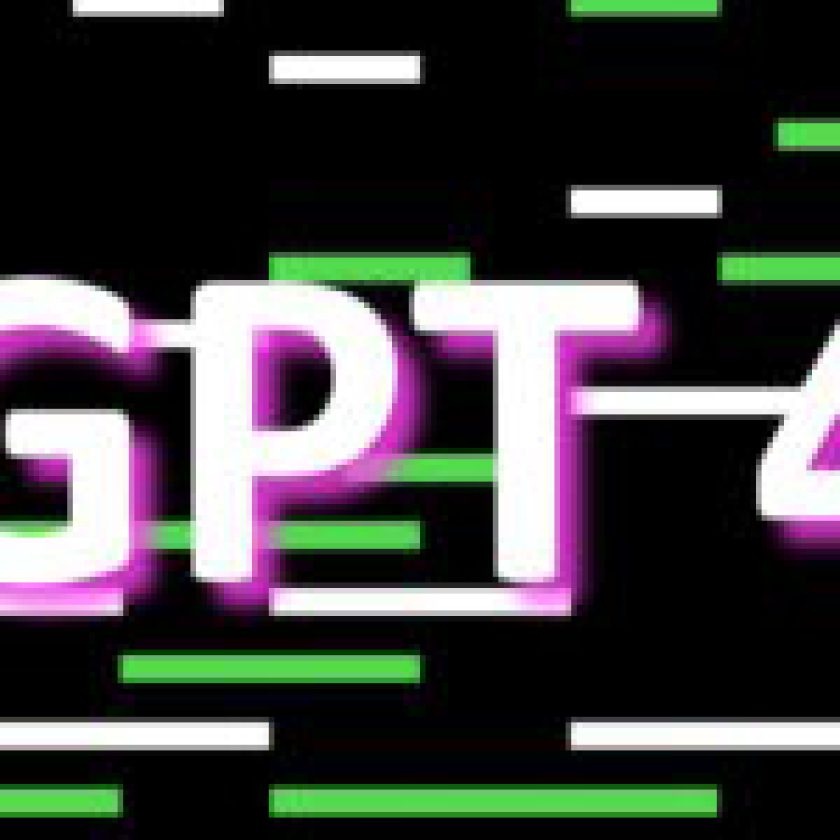Artificial intelligence (AI) is like a smart helper that’s changing how we work. It does things like making tasks easier, improving how things are done, and making work more creative. One big change is in how people get hired for jobs. AI helps companies find the right people faster and make better choices.
For employers and people who hire, AI is like a super tool. It helps them discover and get the best talent. It checks if people have the right skills and fit well with the job. This means quicker and fairer hiring decisions.
But for job seekers, AI brings new things to think about. The way AI helps in hiring is not the same as the old way. So, people looking for jobs need to learn new skills and ways to succeed in this changing job world.
Evolution of traditional hiring processes
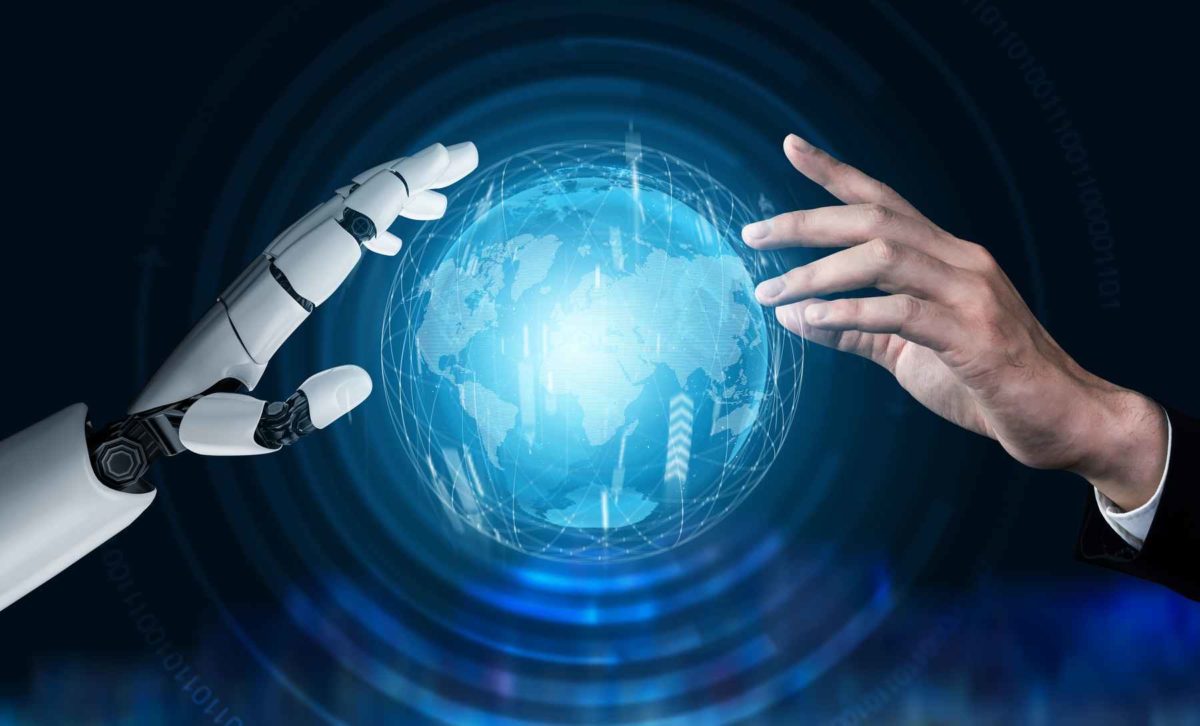
source: pinterest.com
When a company wants to hire someone, they usually follow a few steps. Let’s break it down:
Finding People (Sourcing)
They look for potential candidates in different places, like job boards, social media, and through friends.
Checking People (Screening)
They go through the candidates and pick the ones who have the right qualifications. They use things like resumes, cover letters, and tests to help them decide.
Talking to People (Interviewing)
They have conversations with the chosen candidates to see if they have the skills needed for the job. These talks can happen over the phone, through video calls, or in person. They might ask different types of questions to understand how the person behaves in certain situations.
Choosing Someone (Hiring)
Finally, they make the decision to hire someone. They consider things like how well the person did in the interviews, what others say about them, and their past work performance.
So, it’s like a step-by-step journey from finding potential candidates to choosing the right person for the job.
Advantages of Integrating AI in recruitment
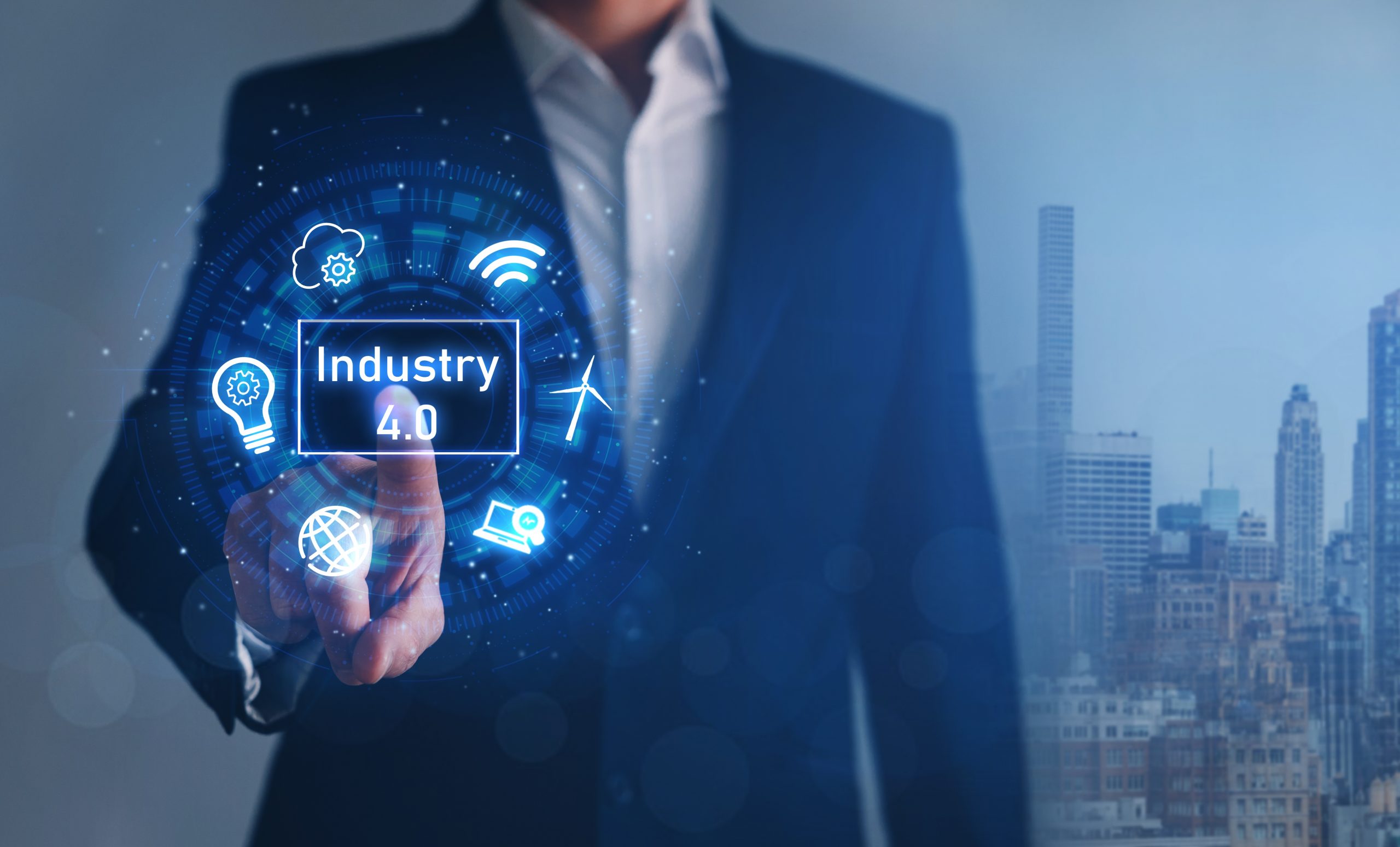
source: pinterest.com
Adding AI to the hiring process is like having a smart helper for employers and recruiters. It makes their job easier in many ways. AI can do things like speed up the hiring process by saving time and effort. It makes finding, checking, interviewing, and hiring people quicker and more accurate.
AI also helps make the hiring process better. It finds and brings in the right talent for the job, making the team more diverse and skilled. It also helps reduce mistakes and biases that humans might make in hiring decisions.
By using the latest technologies like talking with computers, learning from data, and understanding images, AI makes the hiring process more creative and competitive. It brings in new and cool ways to find and choose the right people for the job.
Challenges of Integrating AI in recruitment
But using AI in hiring also brings some problems and risks for employers and recruiters. Here are a few:
Privacy and Security
AI can make it tricky to keep candidate and employer information safe. Things like personal details, work history, and behavior could be at risk of being accessed, used, or misused without permission.
Trust and Transparency
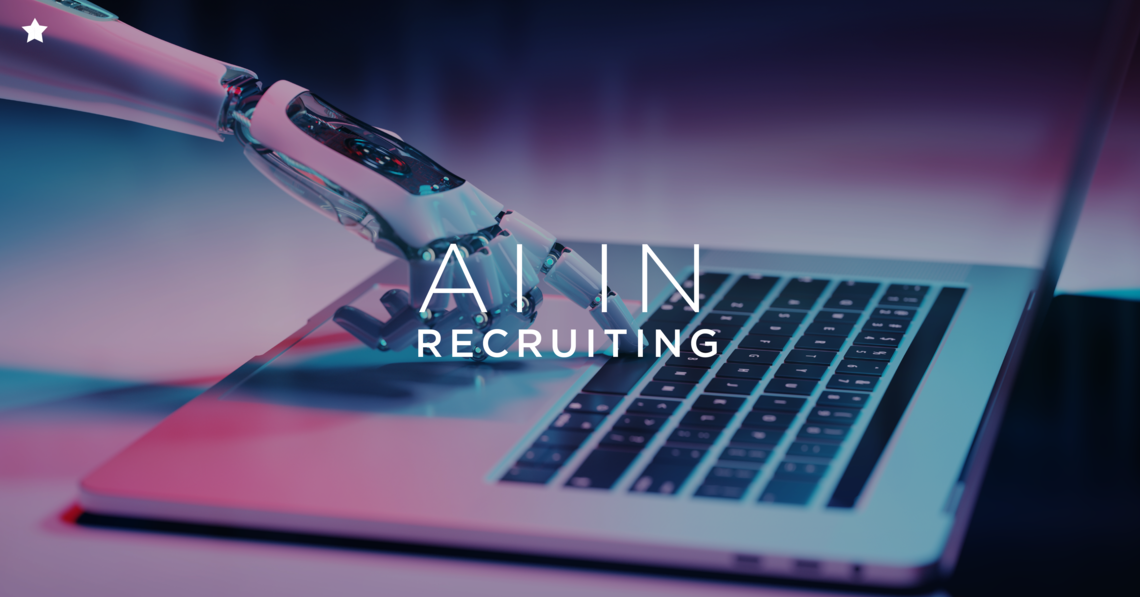
source: pinterest.com
AI sometimes uses complicated systems that are hard to understand. This can make the hiring process less clear and trustworthy. The way AI makes decisions might be tough to explain or verify, and the outcomes could be uncertain.
Responsibility and Accountability
With AI in the mix, many different people and groups are involved—the candidates, employers, recruiters, and the people who make the AI. This makes it more complex to figure out who is responsible for what. Laws and rules also need to be in place to make sure things are fair and right.
Key Skills and Attributes Evaluated by AI
AI looks at a bunch of skills in candidates, especially technical skills—those specific and specialized abilities needed for the job, like programming or accounting. It checks these skills using different AI methods:
Classification
This is like sorting things into categories. For example, AI could use this to see if candidates got the right answers to technical questions.
Clustering
This is about putting similar things together. AI might use this to compare how candidates handle technical tasks.
Regression
This is predicting numbers. AI can use this to estimate how good candidates are at their technical skills, giving a score or rating.
So, it’s like AI is a smart judge checking if candidates have the right technical skills for the job using these different ways of looking at their abilities.
Soft skills evaluation in AI-driven interviews
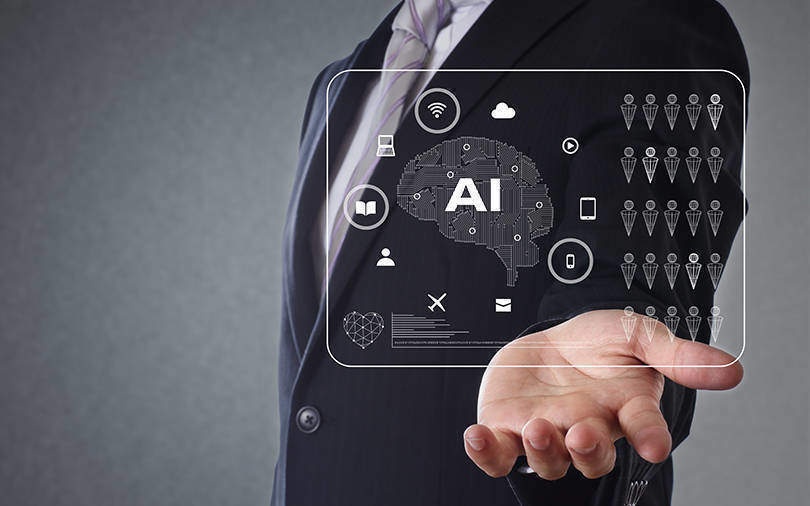
source: pinterest.com
AI also looks at another important set of skills in candidates, known as soft skills. These are general and useful abilities like communication, teamwork, and problem-solving. AI checks these skills in interviews that are driven by AI, such as chatbot or video interviews. Here’s how AI does it:
Natural Language Processing
This is like AI understanding and generating regular language, whether it’s spoken or written. For instance, AI can analyze how candidates talk or write, understanding the words they use and the topics they cover, and then respond appropriately.
Speech Synthesis
This involves AI creating spoken words from written text or other inputs. For example, AI can make realistic and expressive speech for things like AI avatars, adjusting the tone and accent based on the interview situation.
Computer Vision
This is about AI understanding and generating images or videos. In the context of interviews, AI can use this to detect and recognize the faces and expressions of candidates, analyzing their emotions like happiness, sadness, anger, or fear.
Behavioral analysis and its role in candidate selection

source: pinterest.com
AI also checks how candidates behave and what kind of personalities they have. This is called behavioral analysis. It’s like looking at how candidates act, their attitudes, values, and motivations. This is important because it helps decide if a candidate is a good fit for the job, the team, and the company. AI uses different ways to analyze the behavior of candidates to make this decision.
DeepBrain AI Interview
One of the advanced ways companies use AI for hiring is through the DeepBrain AI interview. It’s a super modern and interactive platform that helps employers do interviews using AI. This special interview uses top-notch technologies like computer vision, natural language processing, and deep learning. It learns from a big and diverse collection of human faces, voices, and behaviors.
The cool part is the AI interviewer—it’s like a digital human that looks and talks like a real person. It can have conversations with candidates. It can ask and answer questions. It can give information and even build a good connection with the candidates. It’s like having a high-tech, realistic interviewer powered by AI.
Conclusion
AI-driven interviews are becoming more common and liked in the job world because they make things easier, faster, and safer for both employers and candidates. They’re not something job seekers should worry about; instead, they’re a chance to shine and show off skills, qualifications, and personality. So, job seekers should see AI-driven interviews as a good thing in the changing job world. To get ready for them, they can use resources like online courses, practice interviews, and feedback systems.
It’s important to know that AI-driven interviews aren’t always the same—they keep getting better and changing based on feedback and goals from employers and candidates. They’re not just an end to the process; they’re more like a beginning, signaling a new and improved way of doing interviews.
Thank you for reading. You can ask questions or write down your opinions in the comments section. Have a beautiful day!



